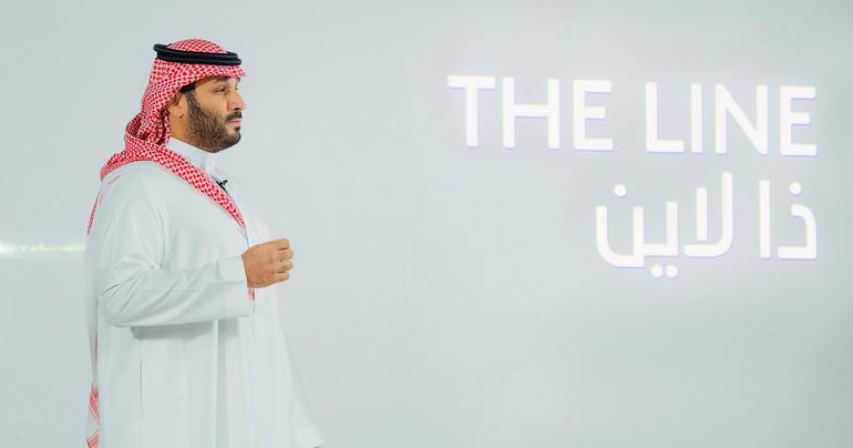Saudi Crown Prince launches zero-carbon city in NEOM business zone
- 4 years ago

Saudi Arabia’s crown prince on Sunday unveiled plans to build a zero carbon city at NEOM, the first major construction project for the $500 billion flagship business zone aimed at diversifying the economy of the world’s largest oil exporter.
Prince Mohammed bin Salman, in a rare televised appearance, said the city, known as “The Line”, would extend over 170 km (105 miles) and be able to house one million residents in “carbon-positive urban developments powered by 100% clean energy”.
“Why should we sacrifice nature for the sake of development?” Prince Mohammed said. “We need to transform the concept of a conventional city into that of a futuristic one.”
There have been few announcements regarding NEOM since it was first announced by de facto ruler Prince Mohammed to much fanfare in 2017 as a pillar of his Vision 2030 plan to rid the Saudi Arabia of its reliance on crude revenues.
A Saudi statement said construction would start in the first quarter of 2021 and that the city was expected to contribute $48 billion to the kingdom’s gross domestic product and create 380,000 jobs. No value was announced for the project.
Prince Mohammed outlined key highlights of the city: zero cars, zero streets, zero carbon emissions and Artificial Intelligence.
NEOM, a 26,500 square km (10,230 square mile) high-tech development with several zones, including an industrial and logistics areas, is planned for completion in 2025.
Saudi Arabia’s efforts to attract foreign capital and investment were dealt a blow in 2018 after many Western investors were unnerved by the murder of prominent journalist Jamal Khashoggi in the kingdom’s Istanbul consulate which triggered an international furore.
Last year, a sharp drop in oil prices and the outbreak of COVID-19 dealt a blow to the Saudi economy.
Reporting by Marwa Rashad, Ghaida Ghantous and Nayera Abdallah; Editing by Alexander Smith and Bernadette Baum / REUTERS
Comments